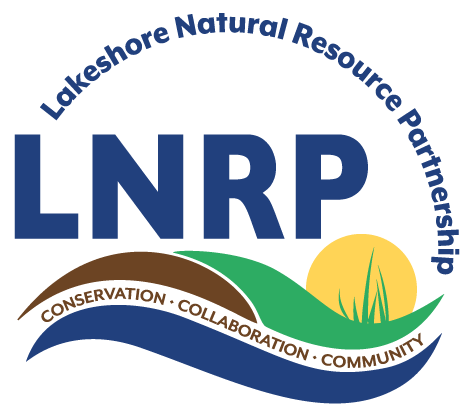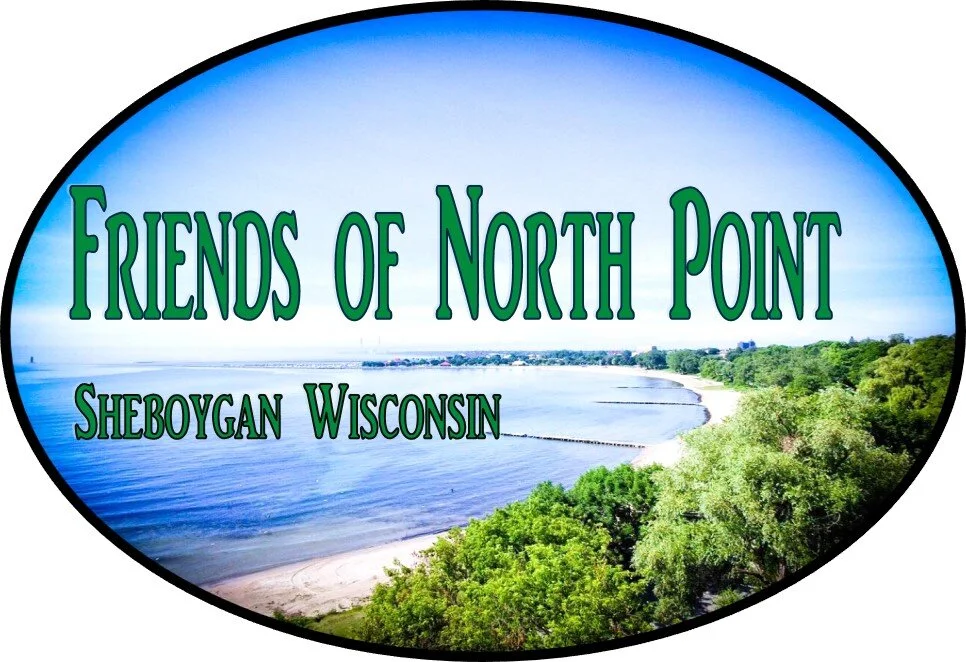Partner Update — Friends of North Point: Winter Speaker Series
The Friends of North Point (FONP) concluded their winter speaker series, featuring three speakers in 2023 focusing on native plants and plant management. The first speaker, Jason Granberg from the Wisconsin DNR, discussed the identification and control of invasive species, emphasizing the importance of early detection. Dr. Warren Porter from UW-Madison addressed the effects of pesticide use on human reproductive health and development, highlighting the potential risks associated with common pesticides. The final speaker, Randy Powers from Prairie Future Seed Company, discussed sustainable practices for creating native landscapes on properties, showcasing the benefits of native plant gardens.
LNRP partner group Friends of North Point (FONP) wrapped up their winter speaker series on March 11th. The series, which the group has been hosting annually since 2020, had three speakers in 2023 all of whom focused on native plants and plant management. Speakers included: Jason Granberg from the Wisconsin DNR, Dr. Warren Porter from UW-Madison, and Randy Powers from Prairie Future Seed Company.
The first speaker, Jason Granberg, discussed identification and control of invasive species. The presentation reviewed not only how to identify and remove these species, but their negative impacts to our community economy and environment. It included a detailed review of over 10 aquatic and terrestrial invasive plants, where they are commonly found in Wisconsin, how to successfully identify them, their negative consequences, and chemical and non-chemical control methods. Often, by the time property owners or the DNR detect invasive species, it is too late to fully eradicate their populations. Early detection is key to success as our state, and the nation as a whole, deals with the spread of these invasive species.
Although chemical control can sometimes be necessary to manage invasive species, the second speaker, Dr. Porter, has spent years studying the effects of pesticide use on human reproductive health and development more broadly. His presentation began with a detailed walkthrough of the molecular structure of common pesticides, focusing on the fact that they were designed with both fat soluble and water soluble halves and a net positive charge. These different halves allow the molecule to enter the cell, and the net positive charge allows it to disrupt the negatively charged DNA, ultimately killing the plant. However, the design that makes pesticides so effective on weeds in agricultural fields means that they have an effect on human bodies as well. Common pesticides often show up in the urine of pregnant women, which indicates they can have repercussions on fetal development. Studies on this topic have demonstrated effects on both neurological processing and endocrine systems. Trends over time indicate that this is becoming more common, and the effects more vast. Most concerning, the EPA does not know, and therefore cannot regulate, the surfactants that the pesticides are dissolved in, and multigenerational studies are not considered by EPA registration offices.
So, if invasives are prevalent and pesticides are damaging, how can we use sustainable practices to create native landscapes on our own properties? This was the topic of the series’ final speaker: Randy Powers. Randy’s company, Prairie Future Seed Company, works with landowners to convert properties into native prairie instead of more traditional manicured lawns. This conversion is beneficial to home and property owners for a myriad of reasons, some of which Randy included in his presented case studies. For example, a native plant garden can be used as a rain garden, supporting struggling sump pumps and protecting homes from flooding. Additionally, these types of landscapes encourage and support diversity in local animal life. Hummingbirds, unique mushrooms, and certain small mammals are drawn to the yards that Powers and Prairie Future Seed Company help cultivate.
If anyone was unable to attend an event, but is interested in reviewing materials presented during this series, please contact LNRP Director of Projects Amy Lentz (amy@lnrp.org).
Related Links (Spring 2023 Newsletter):
Springtime Synonyms… Message from the Executive Director
Partner Update — Friends of the Manitowoc River Watershed
Meet the New Director of Projects Amy Lentz
Project Update — Coastal Resilience Community Impact Project
Project Update — Carstens Lake Water Quality Improvement Project
Project Update — LNRP and Stantec Work Together on Three Projects in the Lakeshore Basin
Partner Update — Friends of North Point: Winter Speaker Series




